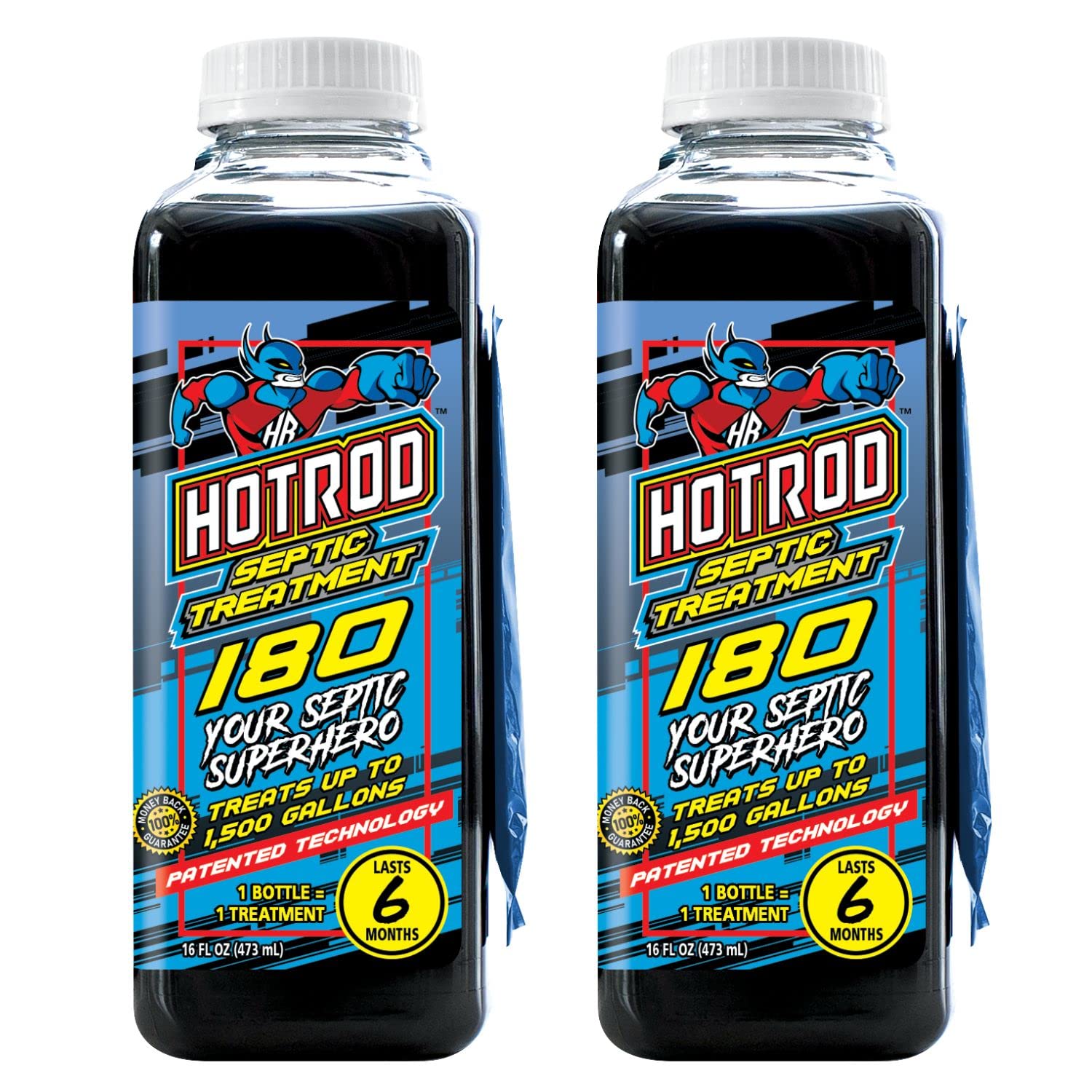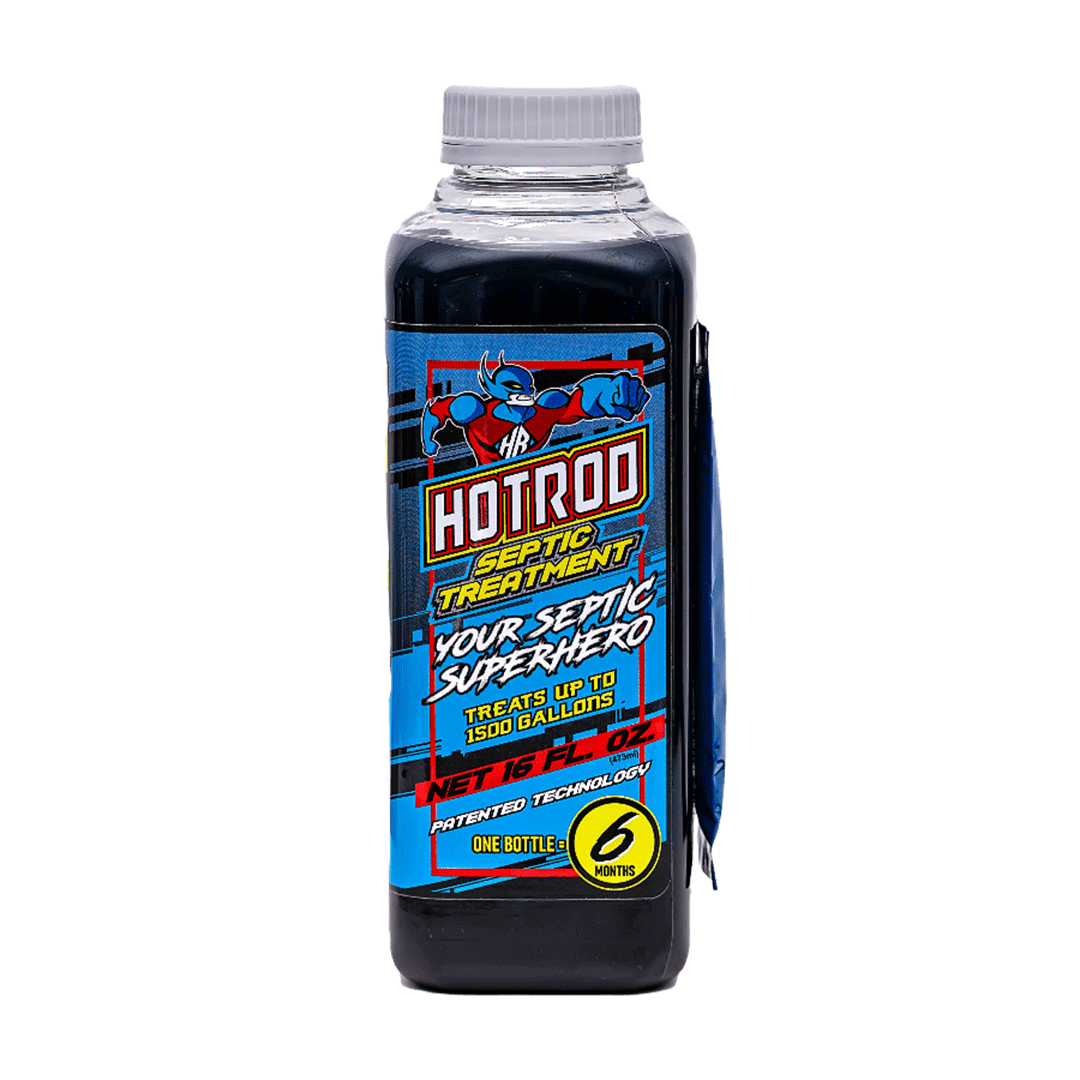Leach fields, also known as septic systems, are a common way of treating wastewater in homes and businesses. But these systems can become clogged over time due to sediment accumulation, tree roots, and other debris. To keep the system functioning properly, it’s important to use a leach field cleaner to break down the buildup and restore the system to its original condition. Here are just some of the benefits of using a leach field cleaner.
First, a leach field cleaner helps to reduce the risk of blockages and other problems that can occur when the system is clogged. By breaking down the buildup, it allows the water to flow freely and avoid clogs that can lead to costly repairs.

Second, leach field cleaners can help to extend the life of the septic system. By keeping the system clean, it can help to prevent the need for costly repairs or even a replacement.
Third, using a leach field cleaner can help to reduce odors in and around the septic system. This can be beneficial for those living or working in areas with septic systems as it helps to reduce unpleasant smells and make the area more pleasant.
Finally, leach field cleaners are easy to use and are generally safe for both the environment and the septic system. The cleaners are typically biodegradable, which means they won’t cause any harm to the environment.

